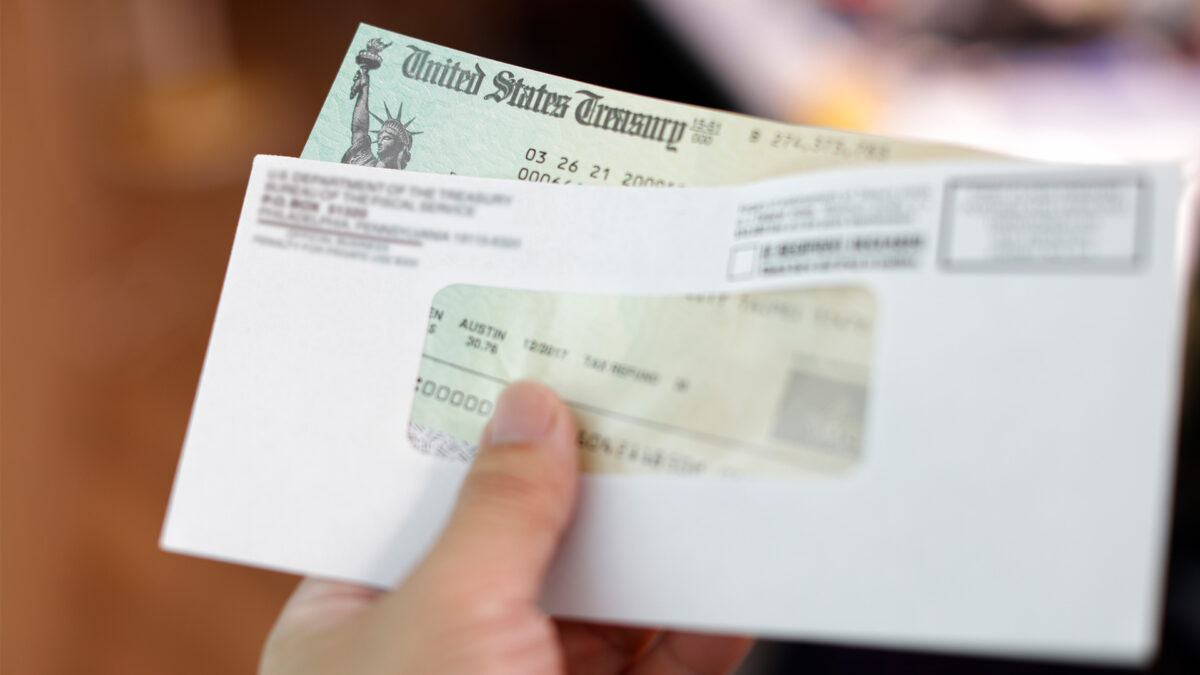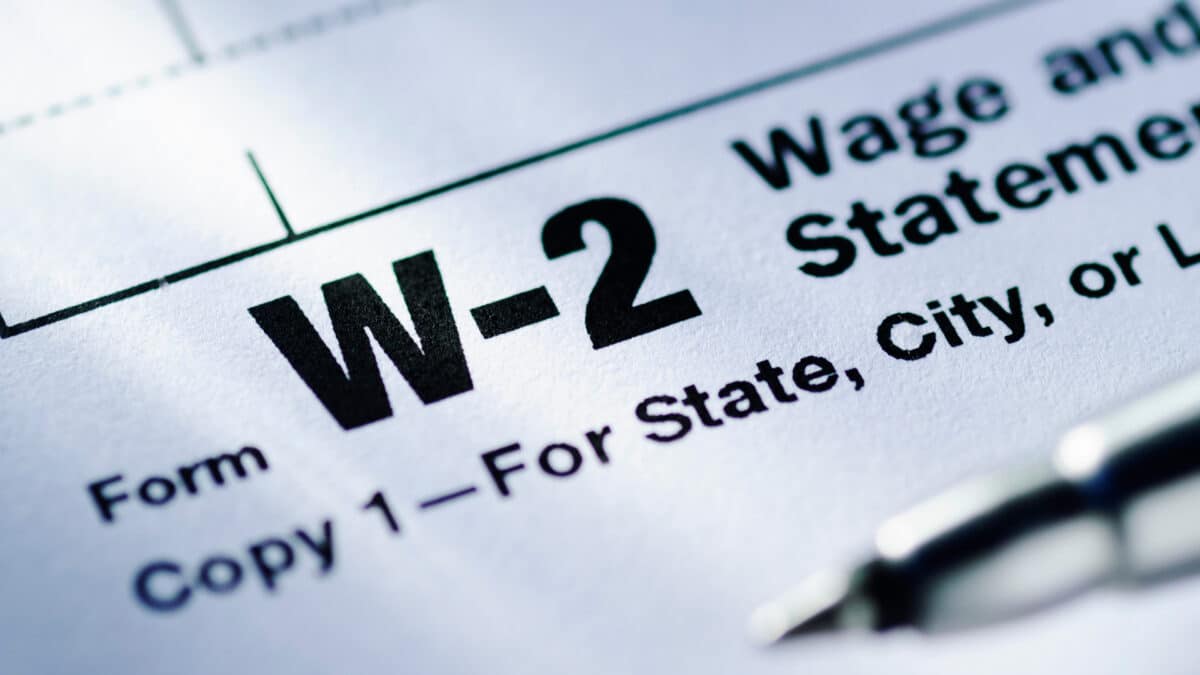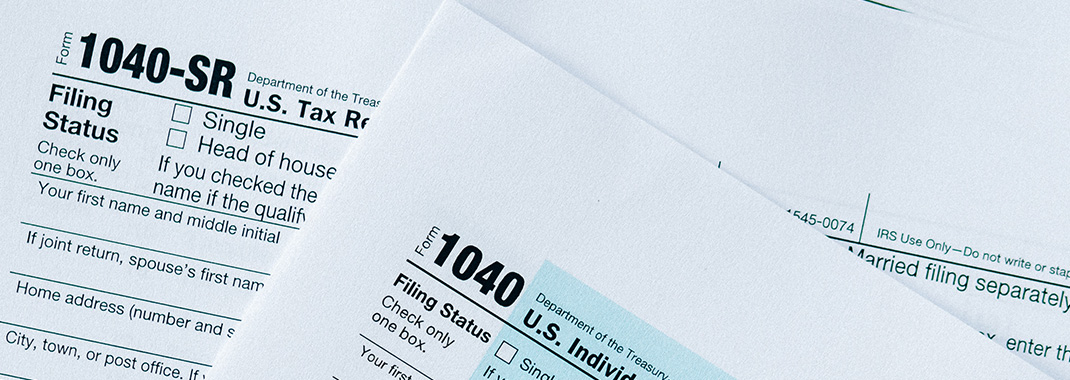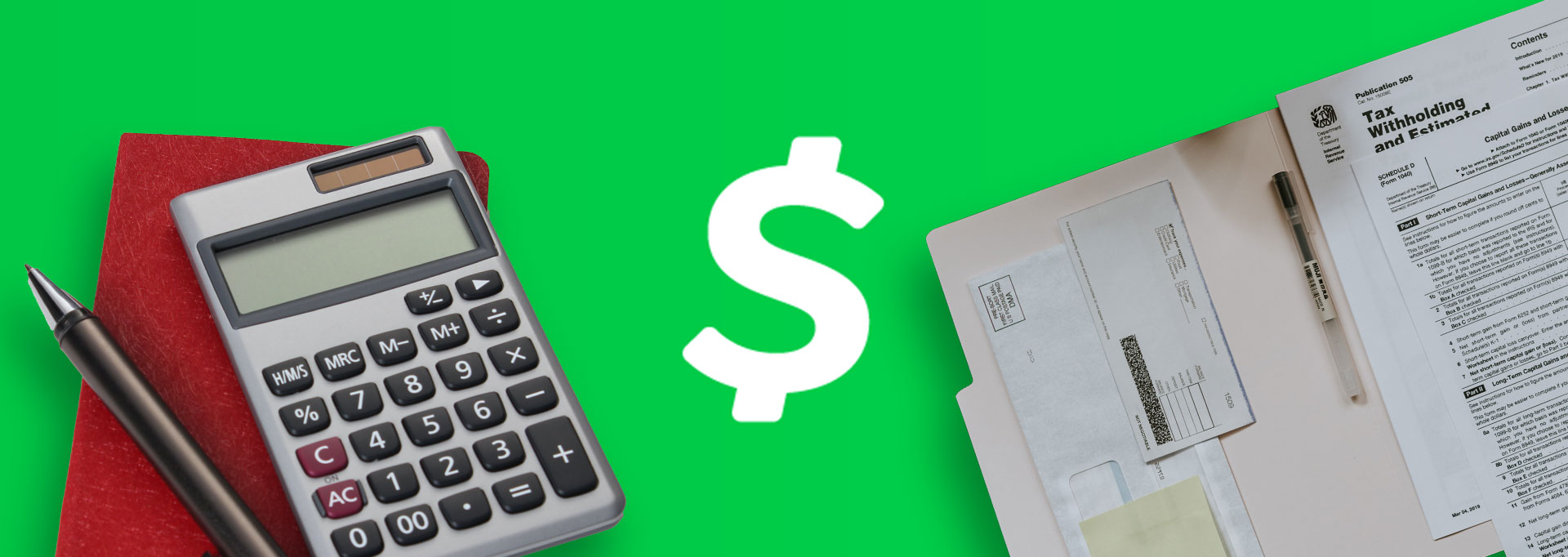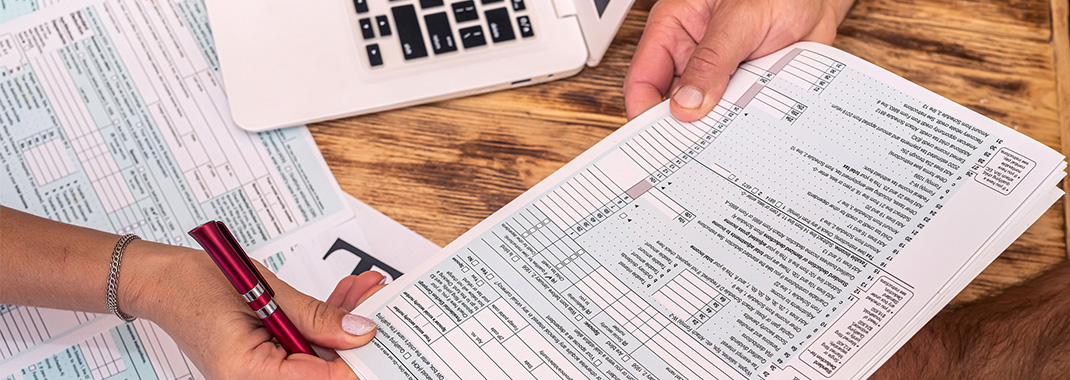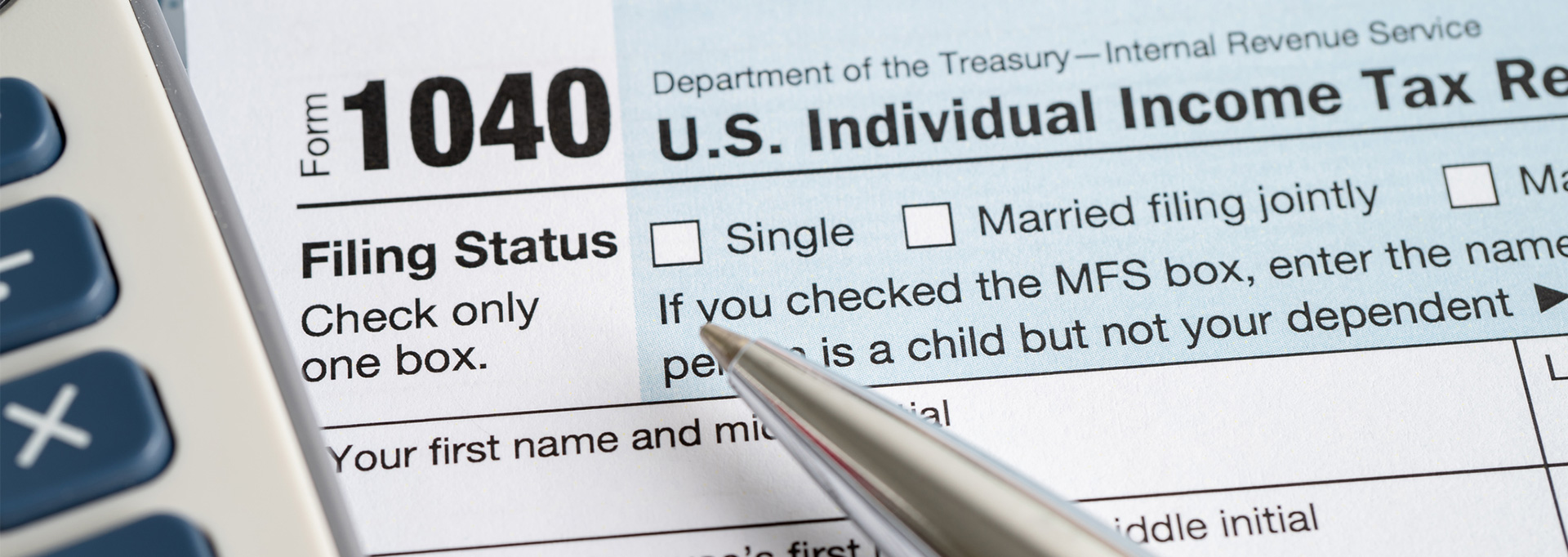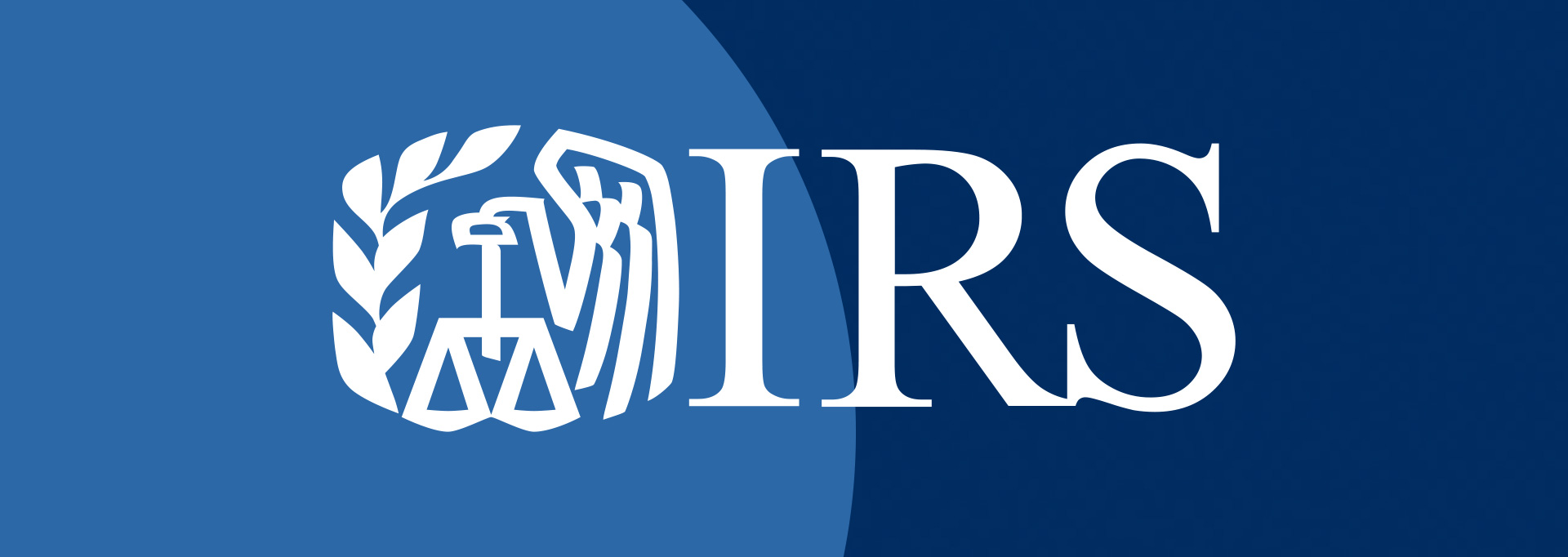Most products on this page are from partners who may compensate us. This may influence which products we write about and where and how they appear on the page. However, opinions expressed here are the author's alone, not those of any bank, credit card issuer, airline or hotel chain.
The most recent annual report from the IRS shows that back taxes, penalties, and interest owed by taxpayers amount to over $133 billion. Despite potential penalties, seized assets, and even jail time, millions of taxpayers are falling behind.
What are back taxes, and how might they accumulate? How do you pay off back taxes, and what are some tips that can help? We'll walk you through why you should take immediate action if you owe back taxes, and what you need to know before filing.
IRS Helpful Links:
- Small Business Assistance Filing Past Returns
- Requesting a Transcript
- Prior Year Forms & Instructions
If you can get your taxes back on track quickly enough, you may be able to avoid more serious consequences. To help avoid any further errors or mishaps, work with a tax professional.
Filing Back Taxes How to Get Started Filing Back Taxes
If you owe back taxes or missed a year in filing tax returns, you can follow these easy steps to get back on track before penalties and interest pile up.
-
1
Start gathering information
You’ll need your records for the year(s) in question, such as W-2s, 1099s, and any proof required for deductions and credits. If you are using the services of a tax professional, you will want to take this information with you to your appointment: any notices received from the IRS or collection agents, all information statements, such as W-2s and 1099s for the year(s) in question, all proof of withholding or estimated tax payments made, copies of tax returns filed before and after the year(s) in question, any additional information needed if a lien or seizure has occurred, any other information you might need to complete your tax return.
-
2
Get help from the IRS
The IRS is not the enemy. In fact, they offer assistance. You can call an 800 number, request a transcript, and get access to the necessary forms. Make sure the forms match the year(s) you are filing for.
-
3
Prepare and submit the return
Whether you do it on your own, use tax preparation software, or hire professional tax services, you need to prepare a return for every year you have back taxes due. The IRS e-file system is only for the current year, so previous years will have to be printed and submitted by mail.
What Are Back Taxes?
Back taxes are taxes that are owed to the government because they were either partially or fully unpaid in the year they were due. The penalties and interest owed are also included in back taxes.
Back taxes generally accumulate because of a failure to:
- File a tax return
- Report all income
- Pay tax liability
Back taxes are not limited to federal taxes, but they can also include state and local taxes owed as well.
Why You Want to File Back Taxes Immediately
If you have unfiled tax returns, you may think you can wait a little longer to file them. But there are many good reasons to filing back taxes immediately, including:
- The possibility of a refund. If you owe back taxes because you neglected to file a return in the past year or so, you might be missing out on a refund. Estimated taxes are usually withheld in your paycheck, and filing taxes is one way to recover the excess money that was withheld for the government. Any delay could eat up that money with penalties or interest, so filing immediately is the only way to recoup at least some of it.
- Avoiding more penalties and interest. There is a penalty for not filing—which is a good reason to file immediately. The penalty is 0.5% of the amount due, charged each month until it reaches 25% of the tax owed. Additionally, the IRS charges interest on unpaid balances, meaning the longer a person takes to file back taxes and pay off the balance, the more they end up owing.
- Avoiding more serious consequences. Prolonged nonpayment of back taxes can eventually result in the seizure of assets, wage garnishment, liens on property, and even jail time.
- Eligibility for loans or other programs. Many federal aid programs, higher education applications, and loan and mortgage institutions require the submission of your most recent tax returns. If you can't provide one, it may hinder your application's processing.
- Receiving benefits. For self-employed individuals, filing income tax is the only way to pay into Social Security and Medicare so that you can qualify for future retirement, disability, and health benefits.
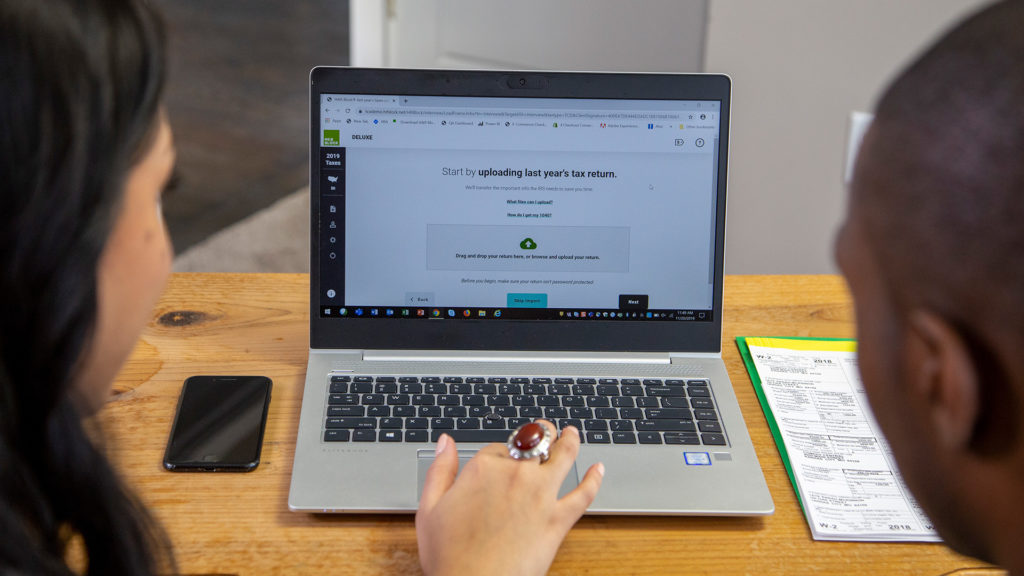 Related Article
Related Article
9 Best and Cheapest Online Tax Services in July 2024
What to Know Before Filing a Back Tax Return
Before filing a tax return for your taxes, here are some things to keep in mind:
- Determine if you need to file taxes: Not everyone is required to file taxes. If you've earned less than the minimum income required or have a special circumstance, you may be exempt from filing taxes. Check with a tax specialist to verify your status.
- Refunds and credits can only be claimed for the last three years. While the IRS does prefer that you get caught up with all past taxes, you can only claim any tax refunds and tax credits within three years of the tax return's original due date. This means you'll be missing out on any refunds or credits for filings older than that.
- Filing tax returns for the last six years puts you in "good standing" with the IRS. You can file back taxes for as many years as you need to to get caught up, but the IRS considers you in good standing if you have filed returns for the last six years. Talk to a tax professional to see if they recommend only catching up for the last six years, or if you should get completely caught up.
In most cases, you'll receive notice from the IRS regarding delinquencies, but even if you haven’t, you will need to determine if you need to file a back taxes return. It's a good idea to be proactive and work with a tax professional if you've missed any past filings.
Does the IRS Offer Tax Forgiveness?
The IRS has several tax relief options to make the debt manageable for taxpayers. To qualify, you would need to fit certain criteria. For example, you may need to owe a certain amount and provide proof of financial hardship. The IRS will use the following factors to make a decision:
- Your ability (or inability) to pay
- Your income
- Your expenses
- Your asset equity
After considering these factors, they may propose a compromise for less than what you owe or offer a payment plan to get caught up. Tax forgiveness is usually a proposal to pay a lesser amount or temporary delay in collecting the debt, and not a complete dismissal of the debt.
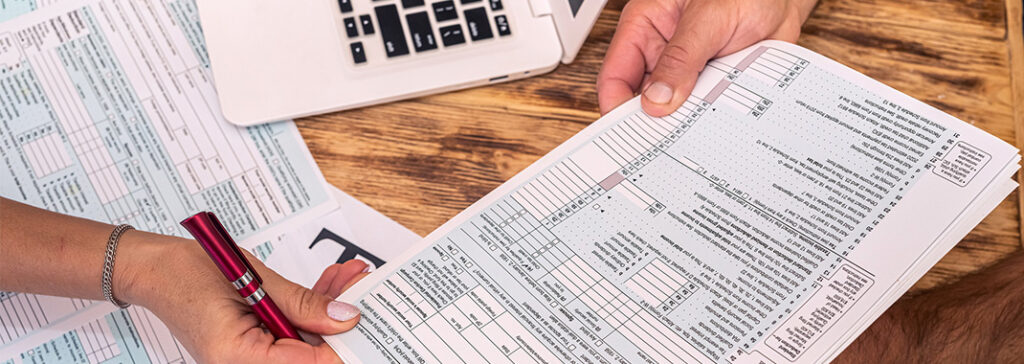 Related Article
Related Article
The Average Cost of Getting Your Taxes Done Might Surprise You
Getting Caught Up
People may fall behind on their taxes for a variety of reasons. Sometimes it can be an honest mistake or life circumstances may have gotten in the way. Filing your back taxes immediately and catching up can get the IRS off your back — and you might even be surprised to see a refund on the way, depending on your situation.
If you ever feel overwhelmed and feel like you can't make the April tax deadline for the current tax year, you do have the option of filing for a tax extension. An extension can give you more time to figure out your tax situation and file your returns accurately. However, you'll still need to estimate your tax liability and pay your bill by the April deadline to avoid penalties.
 Related Article
Related Article
Everything You Need to Know About Tax Extensions
Frequently Asked Questions
-
You can file back taxes for as many years as you missed, but you can only claim a refund or credit for the past three years—including the current tax year. The IRS considers a taxpayer who has filed for the last six years consecutively to be in “good standing,” so there may not be a need to file for additional years. Consult a tax professional on your tax situation.
-
The IRS puts a monthly 0.5% penalty on any taxes due. You pay these monthly fees until you reach 25% of the total amount due. In addition to this penalty, the IRS charges interest on unpaid balances. So even if you have reached the maximum penalty, you may still be accruing interest. Long-term delinquency may eventually result in the seizure of assets, wage garnishment, liens on property, and even jail time.
-
The IRS does offer tax relief to reduce one's debt burden, but will rarely forgive tax debt. The IRS will consider factors such as ability (or inability) to pay, income, expenses, and asset equity before proposing a compromise. This does not mean the bill will go away, but rather that you might end up with a manageable payment plan—or a bill for a lesser amount.






